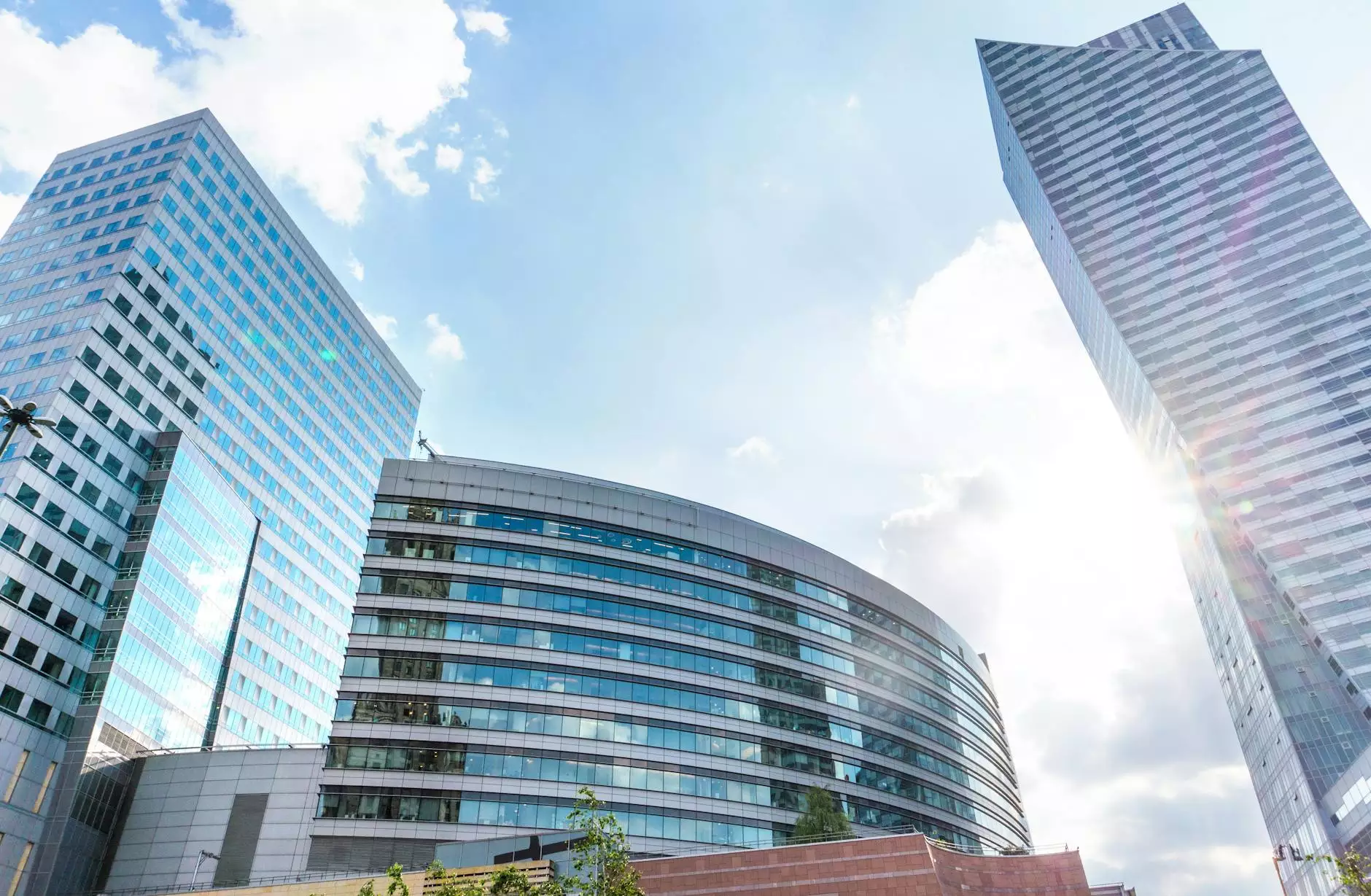The Ultimate Guide to Sleeve Gastrectomy Surgery

Sleeve gastrectomy surgery has transformed the landscape of weight loss treatments and is becoming increasingly popular due to its effectiveness and minimal invasiveness. This article delves into the various aspects of sleeve gastrectomy, providing you with valuable insights on its benefits, procedure, recovery, and long-term results.
What is Sleeve Gastrectomy Surgery?
Sleeve gastrectomy surgery, also known as gastric sleeve surgery, is a bariatric procedure that involves the removal of approximately 80% of the stomach, leaving a tubular “sleeve” that is about the size of a banana. This operation restricts food intake and significantly reduces the hunger hormone ghrelin, leading to substantial weight loss and improvement in co-morbid conditions.
Understanding the Process of Sleeve Gastrectomy Surgery
The sleeve gastrectomy surgery typically occurs in a few key phases:
- Pre-operative Assessment: A thorough consultation with a multidisciplinary team of healthcare professionals, including doctors, nutritionists, and psychologists to assess the patient's health and suitability for surgery.
- Surgical Procedure: Performed laparoscopically, the surgery involves several small incisions in the abdomen. A surgeon uses specialized instruments to remove the majority of the stomach.
- Post-operative Care: After surgery, the patient is monitored in a recovery area, typically for a few hours before being moved to a recovery room.
Benefits of Sleeve Gastrectomy Surgery
There are numerous benefits associated with sleeve gastrectomy surgery, including:
- Effective Weight Loss: Many patients achieve a loss of 50-70% of their excess weight within 1-2 years post-surgery.
- Decreased Hunger: The removal of the stomach's greater curvature reduces ghrelin levels, significantly decreasing hunger cravings.
- Improvement in Co-Morbid Conditions: Many patients experience improvement or resolution of obesity-related conditions such as type 2 diabetes, high blood pressure, and sleep apnea.
- Minimally Invasive: As a laparoscopic procedure, it involves smaller incisions, which result in reduced pain, shorter hospital stays, and quicker recovery times.
The Procedure: What to Expect During Sleeve Gastrectomy Surgery
During sleeve gastrectomy surgery, the patient is placed under general anesthesia. The surgeon will make small incisions in the abdomen to insert a laparoscope and surgical instruments. The following steps typically occur:
- The stomach is accessed, and the surgeon will carefully remove the majority of the stomach.
- The remaining stomach is then shaped into a tube or sleeve.
- Lastly, the incisions are closed, and the patient is moved to recovery.
Recovery After Sleeve Gastrectomy Surgery
The recovery period following sleeve gastrectomy surgery is crucial for success. Patients can expect:
- Initial Hospital Stay: Generally, the hospital stay lasts 1-2 days. Patients will be closely monitored for any complications.
- Diet Transition: A structured diet will be followed, starting with clear liquids, then transitioning to blended foods and finally to solid foods over several weeks.
- Physical Activity: Light activities can resume soon after, but more strenuous activities are usually encouraged after a few weeks.
- Follow-Up Appointments: Routine check-ups with the healthcare team are essential to monitor progress and adjust dietary needs as necessary.
Long-term Outcomes of Sleeve Gastrectomy Surgery
Long-term results of sleeve gastrectomy surgery can be significant and rewarding:
- Sustained Weight Loss: Many patients maintain their weight loss for years after surgery.
- Improved Quality of Life: Patients often report enhanced self-esteem, better mobility, and overall improvements in mental health.
- Health Benefits: Long-term benefits often include reduced dependence on medications for co-morbid conditions, improved cardiovascular health, and a significant decrease in obesity-related health complications.
Challenges and Considerations with Sleeve Gastrectomy Surgery
While sleeve gastrectomy surgery has an excellent success rate, it is not without challenges:
- Potential Complications: Like any surgery, risks include bleeding, infection, and complications related to anesthesia.
- Nutritional Deficiencies: Patients may experience deficiencies in essential nutrients; therefore, lifelong supplementation and monitoring are necessary.
- Changes in Eating Habits: Patients must adapt to new eating patterns, including smaller portions and mindful eating practices.
Conclusion
Sleeve gastrectomy surgery represents a promising approach to achieving significant weight loss and improving overall health for individuals battling obesity. With appropriate medical guidance and lifestyle changes, patients can look forward to a healthier future, free from the burdens of excess weight and its associated health risks.
Call to Action
If you or a loved one is considering sleeve gastrectomy surgery, it is essential to consult with qualified healthcare professionals. At The Wellcome, our experienced team is dedicated to helping you navigate your weight loss journey. Contact us today to schedule your consultation and take the first step towards a healthier you!



